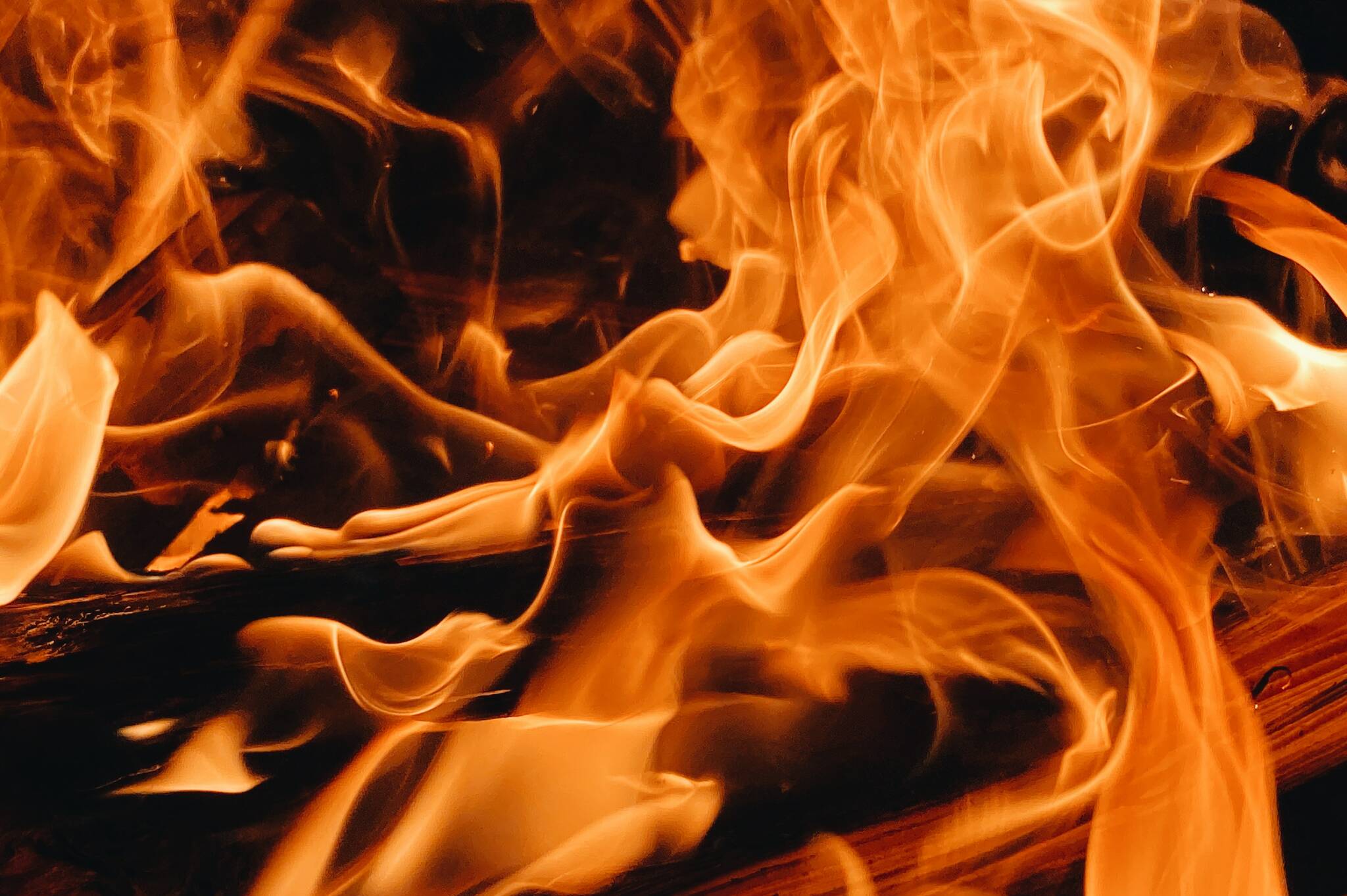By Max Antman
For the Abrahamic faiths, spring is the season of restraint, reflection and sacrifice. On April 1, Muslims began the annual celebration of Ramadan, the ninth month of the Islamic calendar. This month-long holiday, which commemorates the first revelation of Muhammed, calls participants to fast from dawn until sunset and engage in meaningful prayer and introspection. Today, April 15, marks the start of the Jewish holiday of Passover. This 8-day celebration calls participants to reflect on their ancestors’ exodus from Egypt by emptying their kitchens of leavened bread and replacing it with the bread of the oppressed — matzah. And on April 17, the holiday of Easter concludes a 40-day lent, a period in which Christians fast and give up certain luxuries in imitation of Jesus’ sacrifice.
While some may find these rituals challenging, it is within that challenge that they convey their power. Our spring holidays command us to declutter our brain space, removing certain foods and activities so that we may have the capacity to focus on what really matters.
One of my favorite stories in Judaism, found in Bereishit Rabbah, a volume of biblical exegesis on the book of Genesis, describes an early encounter between Abraham and God. It tells a parable of a person who is traveling from one place to the next when they encounter a birah doleket, a palace on fire. They stop and ask, “how can it be that this palace burns without someone taking care of it? Who is the manhig, the caretaker of this place?” At that very moment a man pokes his head out of a window and responds, “I am the ba’al, the owner of this place” So too, the parable continues, Abraham looks out and sees that the world is on fire, and he wonders: how can it be that the world burns without someone trying to save it? Who is the manhig, the caretaker responsible for the world? And at that very moment God responds: “I am the ba’al, the owner of this place.” (Bereishit Rabbah 39:1) The question, “who is the caretaker” implies that someone must be responsible for putting out the fire, but the answer “I am the owner” complicates that reality. It’s almost as if the owner is saying, “yes, I am the owner of this palace but I do not have the means by which to stop the fire. You, you who have noticed the flames and asked the question, you are the caretaker of this place.” In the second half of the parable the world is burning and Abraham asks God, “what are you doing about it?” God responds, “I’m just the owner, what are you doing about it?”
In a reflection on this parable, Rabbi Sharon Braus of IKAR in Los Angeles says, “there have always been palace fires, and our most ancient spiritual calling is to see them. It’s in our spiritual DNA.” Not to walk through life unconcerned with what is happening around us. But to look up, to notice, and to ask. In this time of sickness, war and political division, let our spring holidays compel us to see the fires plaguing our world and use the resources at our disposal to fight back the flames. In a season that commemorates the parting of the Red Sea, the resurrection of Jesus and the revelation of the Quran, let us look inward at the values we hold dear and fight to harness those values into actions that will help repair our broken world.
In the Jewish tradition we say, Ken Yehi Ratzon, Let it Be So.
• Max Antman is a student rabbi at Congregation Sukkat Shalom. Living & Growing” is a weekly column written by different authors and submitted by local clergy and spiritual leaders. It appears every Friday on the Juneau Empire’s Faith page.

